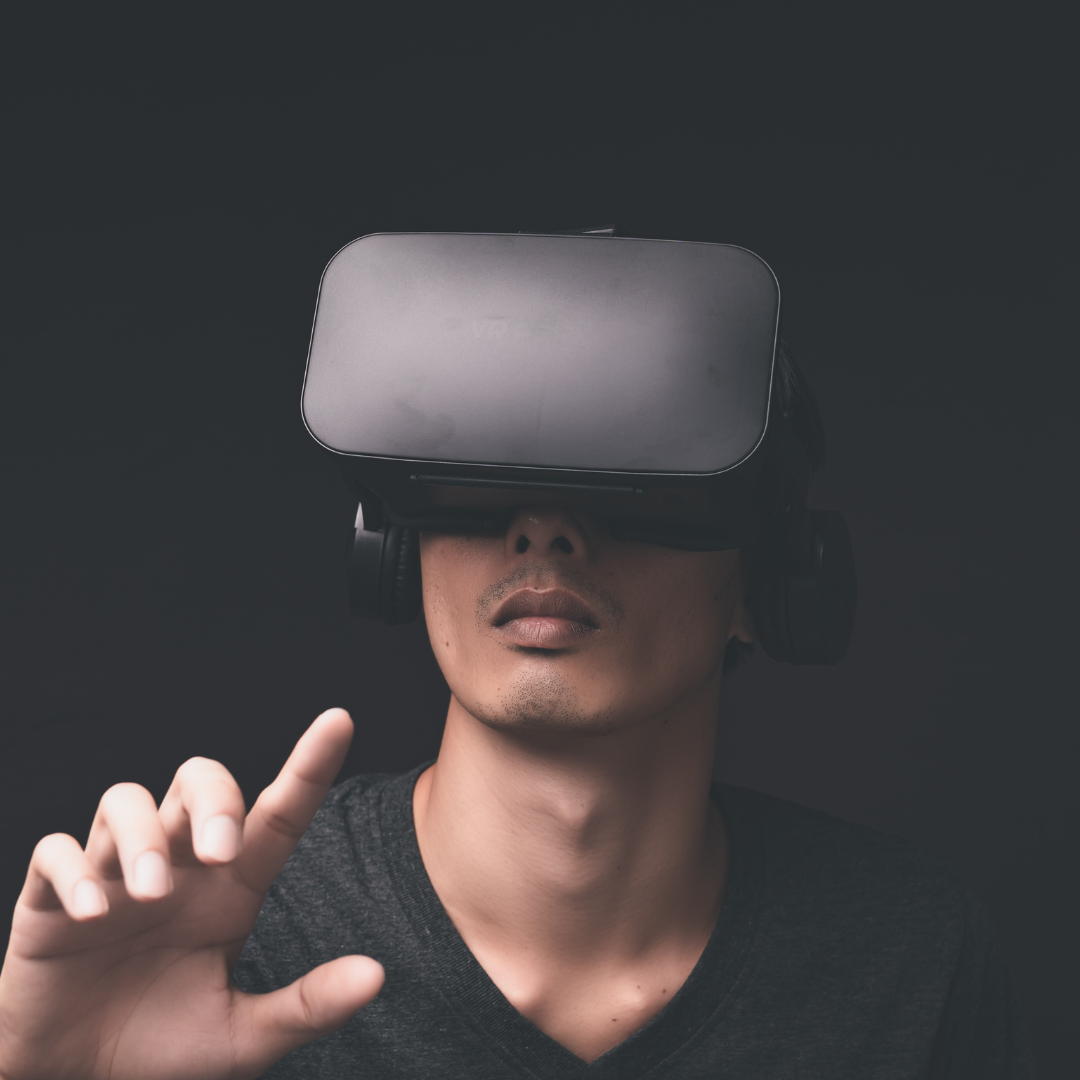Augmented Reality, Virtual Existence, the 'Metaverse'... the stuff of science fiction and Simpsons spoofs is becoming reality and is doing so at a pace no one could have predicted!
While it is incredibly exciting to be living in times of such unprecedented technological advancement, there are many of us who are speculative about how these new concepts of living are going to affect general everyday life, especially when it comes to the adoption of 'real life' practices in a virtual universe, such as the practice of law.
So... What is the 'Metaverse'?
I should mention here that the term 'Metaverse' is both vast and vague, two words we don't particularly love in the legal industry, so I shall do my best to give you an interpretation of the available literature, but by no means should the following be taken as the only definition!
The Metaverse is a concept of augmented and virtual reality that would allow for more interactive and integrated cyberspace. The overarching aim is to create a 'Reality' within cyberspace that can be lived and experienced in a way that is comparable to how we live our lives outside the internet.
We already have technologies in place, such as 'Fortnite' and 'Oculus', that allow us to attend concerts, learn online, and buy and sell goods in virtual spaces. Many of these technologies could already be considered 'Metaversal', all we need is for them to be interoperable and we're pretty much there!
A key feature of proposed plans for the Metaverse is the concept of a 'digital economy', though whether this economy would be driven by physical currency - like online shopping, or cryptocurrencies is as yet unknown. However, the recent explosion of NFTs (a form of cryptocurrency from the Ethereum blockchain) into the public eye and a generally increasing interest in bitcoin, dogecoin, etc. does lead me to believe that a virtual currency is the most likely option.
With this in mind, what implications does the Metaverse have for the legal industry?
The key issue with 'Law' in the Metaverse is that, by current definitions, nothing within the Metaverse is real. We, therefore, have to determine how far the law can be applied and extended to property and situations that technically don't exist.
Example - Property:
 There has been some considerable speculation as to the variety of markets that will be available to consumers in the Metaverse, one of the most commonly requested/suggested being the property market. Virtual houses for our virtual avatars.
There has been some considerable speculation as to the variety of markets that will be available to consumers in the Metaverse, one of the most commonly requested/suggested being the property market. Virtual houses for our virtual avatars.
While this represents an exciting investment opportunity for many (plus a chance to play 'real life' Sims), can the strict rules and regulations surrounding the purchasing of a property in the 'real world' be applied to the Metaverse?
Also, what happens when, as in so many cases, partnerships break down/relationships end, and shared property must now be equitably divided?
What about commercial properties - can you get a mortgage on a virtual property?
So many questions arise from a single point of law.




